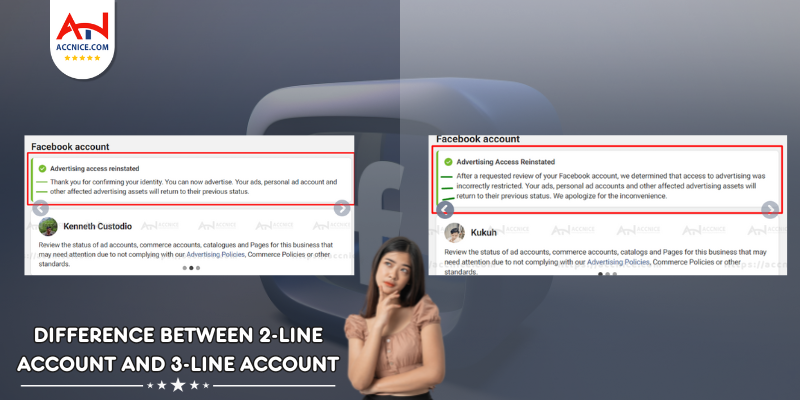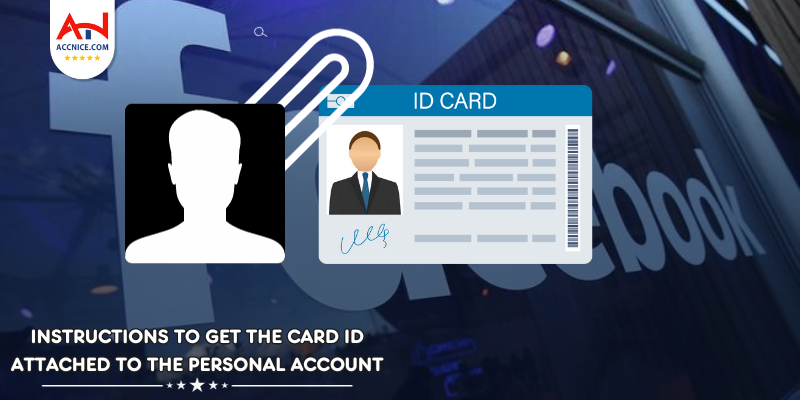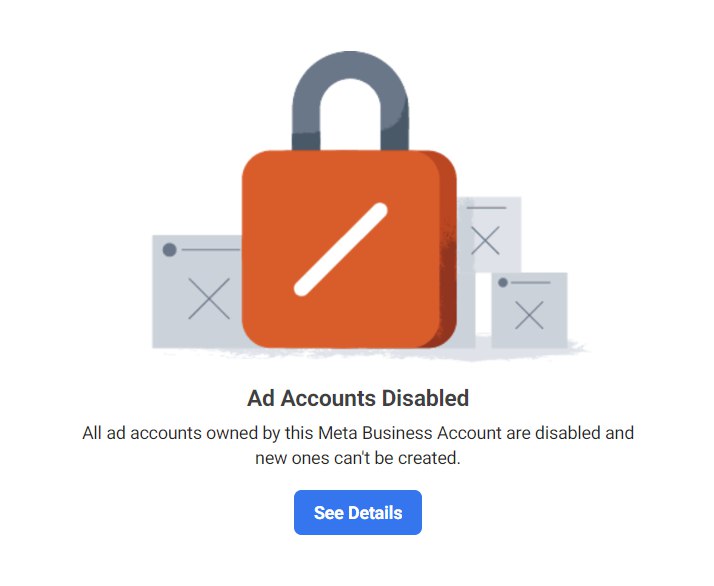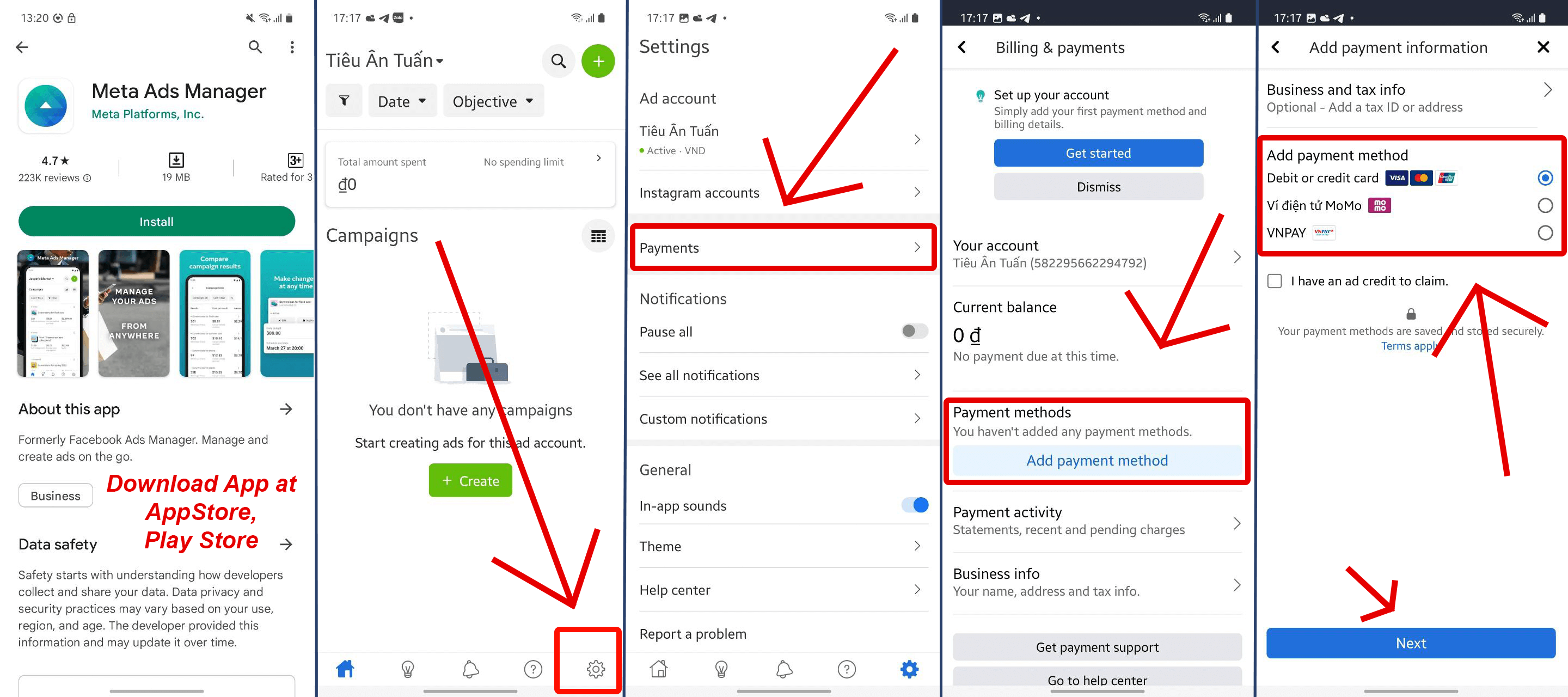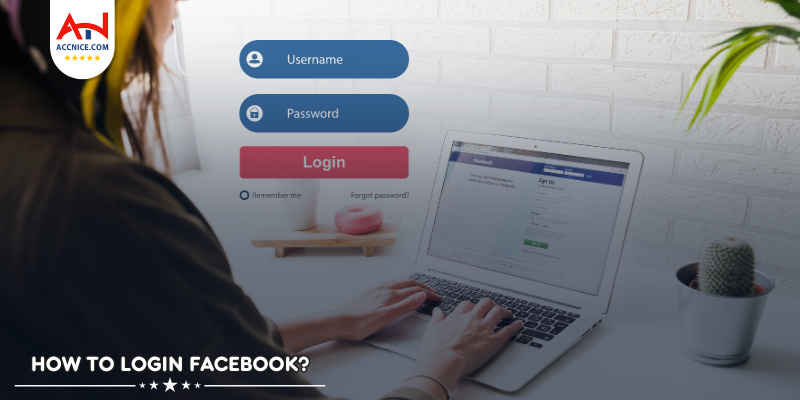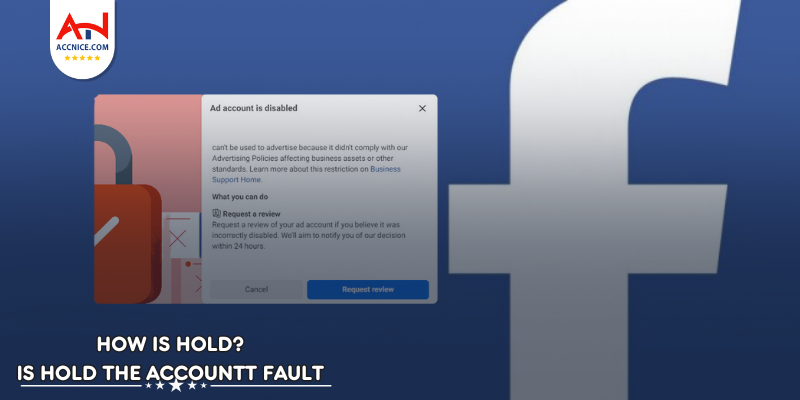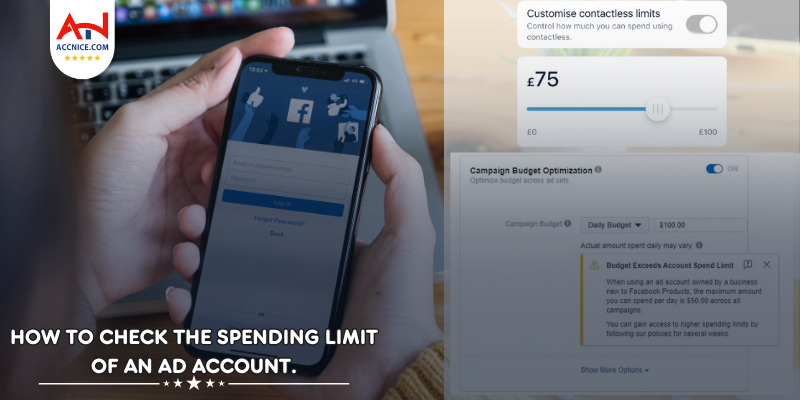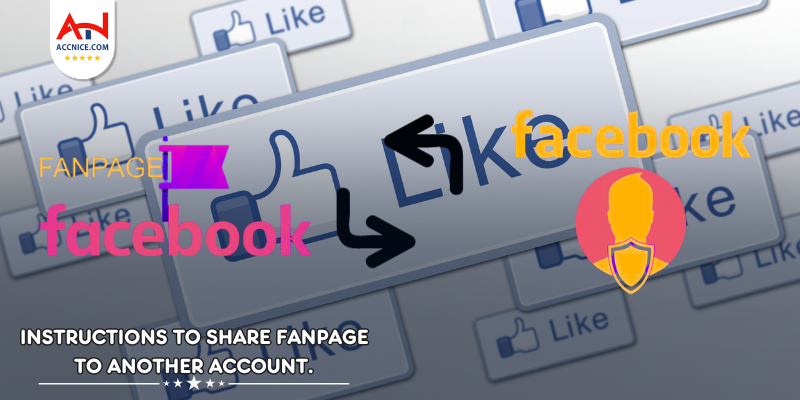Efficiently Managing Multiple Facebook Pages. Leveraging Planning Tools for Success
725 vỉew
Writing date: 2024-01-08 14:54:05

In the digital era, managing multiple Facebook Pages effectively is a challenge many businesses and marketers face. With the right planning tools and strategies, you can streamline this process, ensuring consistent engagement and a strong online presence. This optimized guide provides insight into how to effectively manage multiple Facebook Pages with advanced planning tools.
The Importance of Planning Tools in Managing Facebook Pages
illustrating images
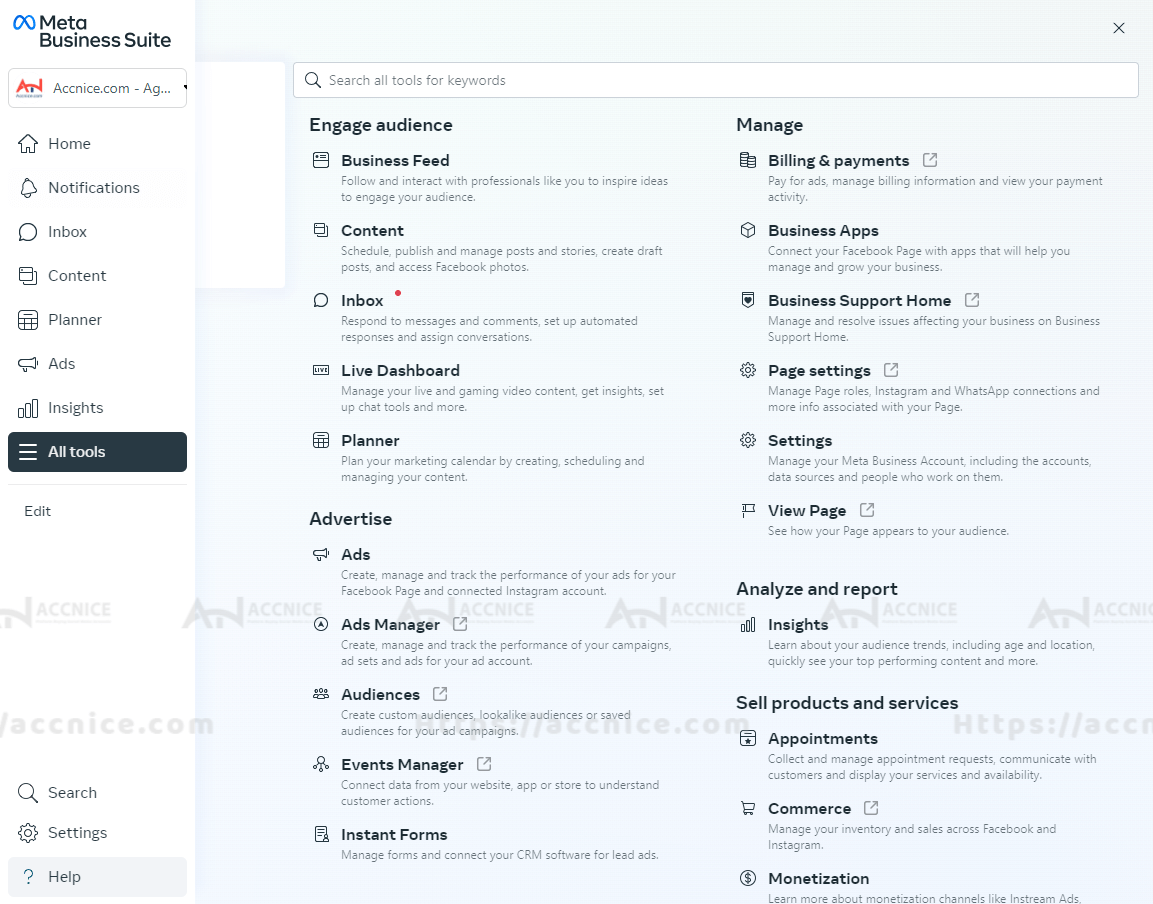
1, Overview of Planning Tools for Facebook
Definition and Functions:
Planning tools for Facebook are specialized software or features designed to assist in the management of Facebook Pages. These tools facilitate various functions including content scheduling, analytics monitoring, and audience engagement. The core purpose is to streamline the process of managing multiple pages, making it more efficient and effective. They provide a centralized platform where marketers can plan, execute, and track their Facebook marketing strategies across several pages.
Types of Planning Tools:
There are several types of planning tools available for Facebook Page management:
Native Facebook Features: These include Facebook's built-in scheduling features, Page Insights for analytics, and Business Manager for overseeing multiple accounts.
Third-party Applications: Tools such as Hootsuite, Buffer, and Sprout Social offer advanced features like bulk scheduling, cross-platform posting, and detailed analytics.
Custom Solutions: Some businesses opt for custom-built tools tailored to their specific needs, often integrating various aspects of digital marketing.
2, Benefits of Using Planning Tools
Time Efficiency:
One of the primary benefits of using planning tools is the significant time savings they offer. By automating repetitive tasks like posting and reporting, these tools free up time for marketers to focus on strategy and content creation. They also reduce the time spent on switching between multiple pages and accounts, providing a unified interface for all activities.
Consistency in Posting:
Maintaining a consistent posting schedule is crucial for keeping your audience engaged. Planning tools allow you to schedule posts in advance, ensuring that your content strategy is executed seamlessly, even during peak times or outside business hours. This regularity in posting helps maintain a consistent presence on your audience's news feed, which is essential for brand visibility and audience retention. These tools often come with calendar views, making it easier to visualize and manage your posting schedule across multiple pages.
Strategies for Managing Multiple Facebook Pages
Content Scheduling and Calendar Creation
Developing a Content Calendar:
Creating a content calendar is a fundamental step in managing multiple Facebook Pages efficiently. Here’s how you can develop one:
Identify Key Themes and Topics: For each page, determine the core themes and topics relevant to that specific audience.
Plan Out Content Types: Decide on a mix of content types for each page, such as text posts, images, videos, or live sessions.
Set a Frequency Schedule: Determine how often you will post on each page. This could vary based on the audience and page goals.
Use Calendar Tools: Utilize digital calendar tools or specialized software for content scheduling. Tools like Google Calendar, Trello, or dedicated social media management platforms can be effective.
Allocate Time for Content Creation: Ensure your calendar includes time for content creation and curation.
Scheduling Posts:
Scheduling posts in advance using planning tools offers several benefits:
Consistency in Posting: It helps maintain a regular posting rhythm, crucial for audience engagement.
Time Management: You can schedule posts for optimal times, regardless of your availability at those moments.
Strategic Posting: Advanced planning allows for strategic content dissemination, aligning with marketing campaigns or significant events.
Process: Most tools offer a straightforward scheduling process where you select the date and time for each post after creating your content.
2, Coordinating Across Different Pages
Maintaining a Unique Voice for Each Page:
To maintain a unique voice for each Facebook Page:
Understand Each Audience: Tailor the voice and tone to the preferences and expectations of each page’s audience.
Create Distinct Brand Personas: If the pages represent different aspects of a business or brand, develop and maintain distinct personas.
Content Curation: Be selective about the content that aligns with the voice and goals of each page.
Cross-Promotion Strategies:
Cross-promotion among multiple pages can be effective, but it requires a strategic approach:
Identify Opportunities for Synergy: Look for topics or campaigns where cross-promotion makes sense.
Tailor the Message: Customize the message for each page’s audience, even when the underlying content is similar.
Balance Promotion with Unique Content: Ensure each page also has its unique content to maintain its distinct identity.
Track and Analyze Results: Monitor the performance of cross-promotion efforts to gauge their effectiveness and make adjustments as needed.
Advanced Features of Facebook Planning Tools
illustrating images
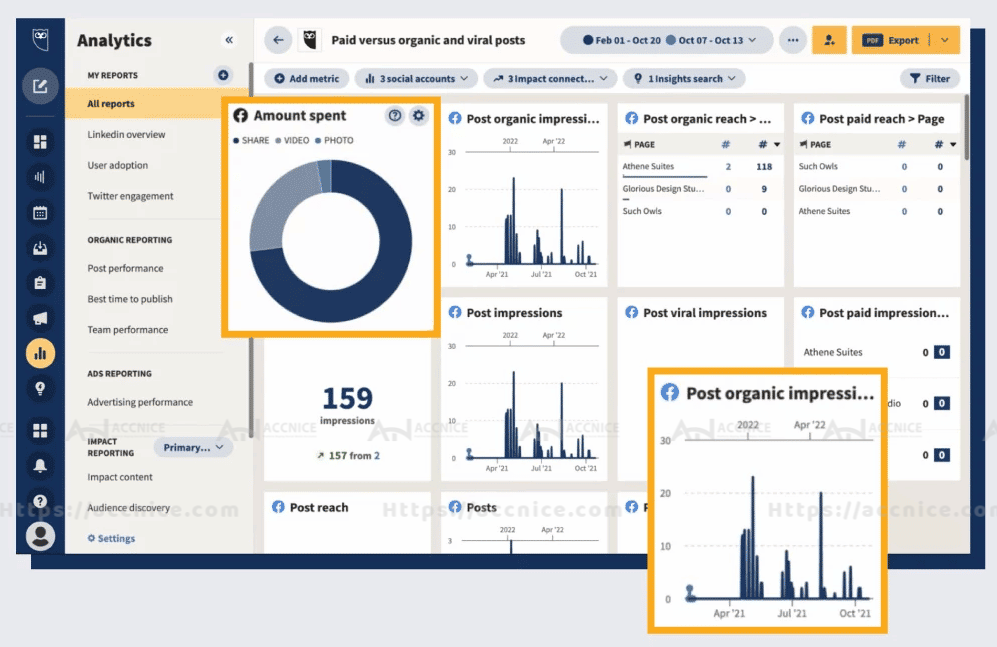
1, Analytical Insights and Reporting
Utilizing Analytics:
Analytical tools are essential for gauging the performance of your Facebook Pages. Here's how to effectively utilize them:
Monitor Key Metrics: Track metrics such as reach, engagement rates, click-through rates, and follower growth to assess the performance of your content.
Audience Demographics and Behavior: Use analytics to understand the demographics of your audience and their behavior, including when they are most active.
Content Performance Analysis: Analyze which types of posts generate the most engagement and identify patterns in successful content.
Reporting:
Regular reporting plays a critical role in understanding audience engagement:
Creating Reports: Generate regular reports to summarize the performance of your pages. This can include insights into engagement trends, audience growth, and content effectiveness.
Informed Decision Making: Use these reports to make informed decisions about future content and strategies.
Share Insights with Team: Regular reports can help keep the entire team informed and aligned on the page's strategy and performance.
2, Automation and Integration
Automating Repetitive Tasks:
Automation is key in managing multiple Facebook Pages efficiently:
Scheduled Posting: Automate the scheduling of posts to ensure consistent content delivery without daily manual intervention.
Auto-Responses: Set up automatic responses for common inquiries to improve response times and assist with audience engagement.
Integration with Other Marketing Tools:
Integrating Facebook planning tools with other digital marketing platforms enhances the overall effectiveness of your marketing strategy:
Cross-Platform Campaign Management: Integrate with tools that allow for the management of campaigns across multiple social media platforms for a unified marketing approach.
Data Consolidation: Combine data from Facebook with other platforms for a holistic view of your digital marketing efforts.
CRM Integration: Integrate with Customer Relationship Management (CRM) systems to better understand and engage with your audience based on their interactions across various platforms.
Incorporating these advanced features and practices in your Facebook page management strategy can lead to more efficient operations, deeper insights, and a more cohesive overall marketing approach.
Best Practices for Managing Multiple Facebook Pages
1, Consistency and Quality Control
Maintaining Post Quality:
Ensuring high-quality content across all your Facebook pages is vital. This involves:
Clear and Compelling Content: Make sure that all posts are clear, engaging, and relevant to the audience.
Visual Consistency: Use consistent branding and visual elements across all pages to maintain a unified brand image.
Regular Content Audits: Periodically review your content to ensure it aligns with your brand’s message and audience’s interests.
Regular Page Monitoring:
Regularly monitoring each page is crucial for:
Understanding Audience Engagement: Track how different types of posts perform in terms of likes, shares, and comments.
Gathering Feedback: Pay attention to what your audience is saying in their comments and messages.
Identifying Issues: Be on the lookout for any problems such as negative feedback or technical issues with posts.
2, Audience Engagement and Interaction
Fostering Engagement:
To encourage audience interaction on each page:
Interactive Content: Use polls, questions, and interactive posts to engage your audience.
User-Generated Content: Encourage your audience to share their own content related to your brand.
Contests and Giveaways: Organize contests and giveaways to increase engagement and reach.
Responding to Feedback:
Active engagement is key in building a loyal following:
Prompt Responses: Respond to comments and messages in a timely manner to show that you value your audience’s input.
Personalized Interaction: Tailor your responses to individual comments to create a more personal connection.
Feedback Implementation: Show that you are listening by implementing audience feedback where appropriate.
Conclusion:
Effectively managing multiple Facebook Pages is essential for the digital success of any business. By using the right planning tools, you can maintain consistent posting, save time, and gain deep insights into your audience's preferences and behaviors. The key to effective management is balancing automation with a personal touch. Ensuring that each page resonates with its intended audience while contributing to the overarching brand narrative is crucial. Embrace these best practices to foster a robust and engaging online presence across your multiple Facebook Pages.




